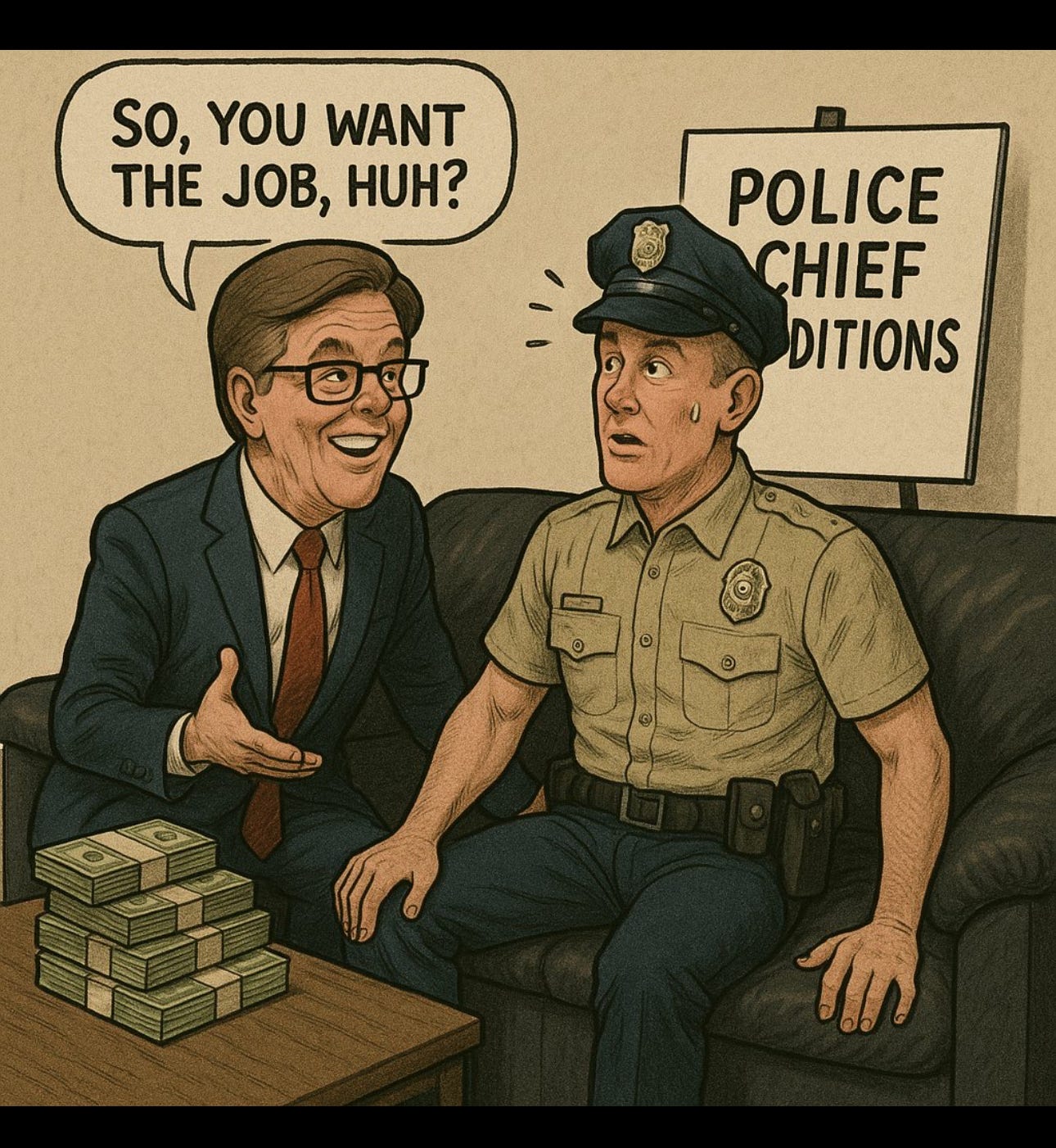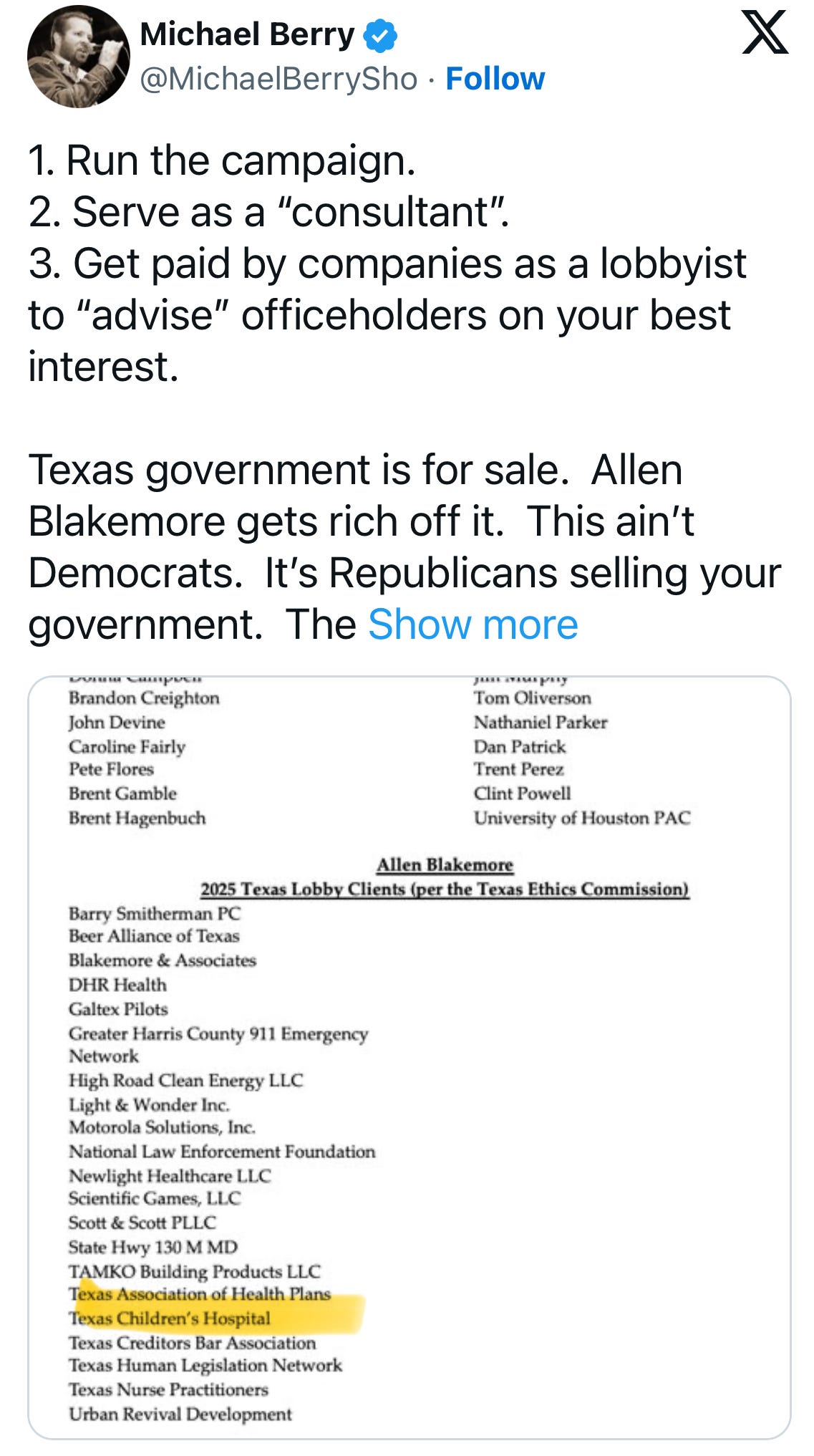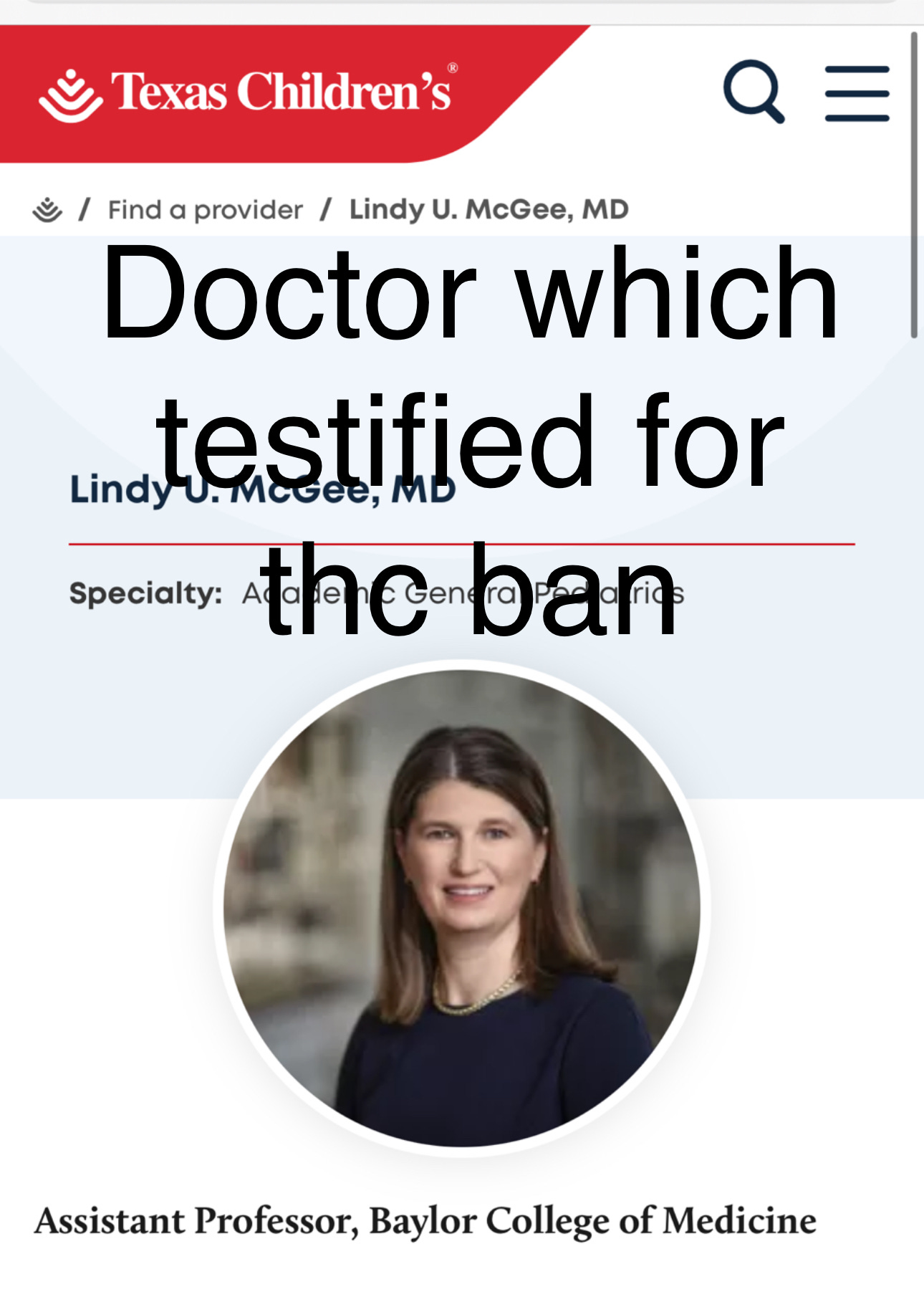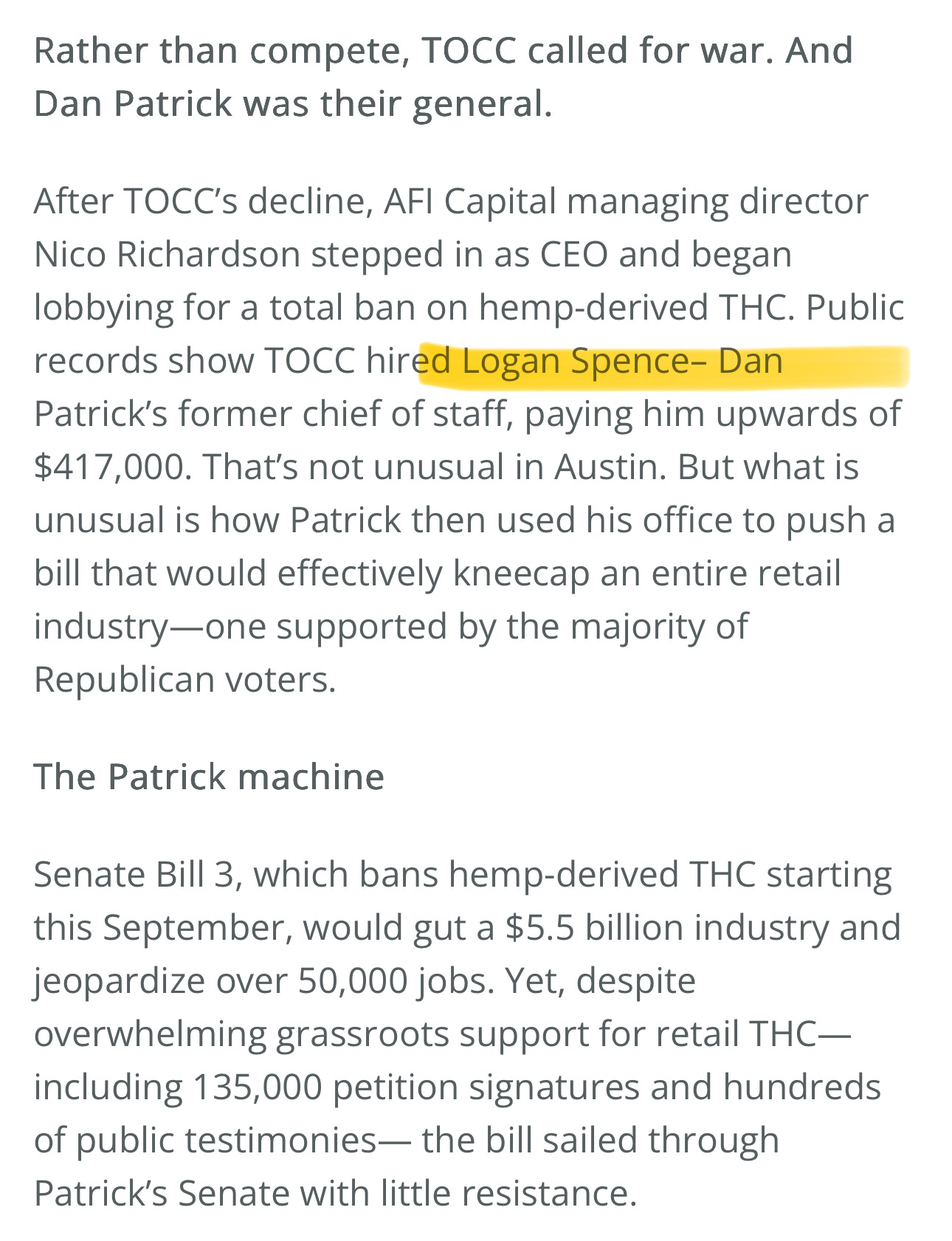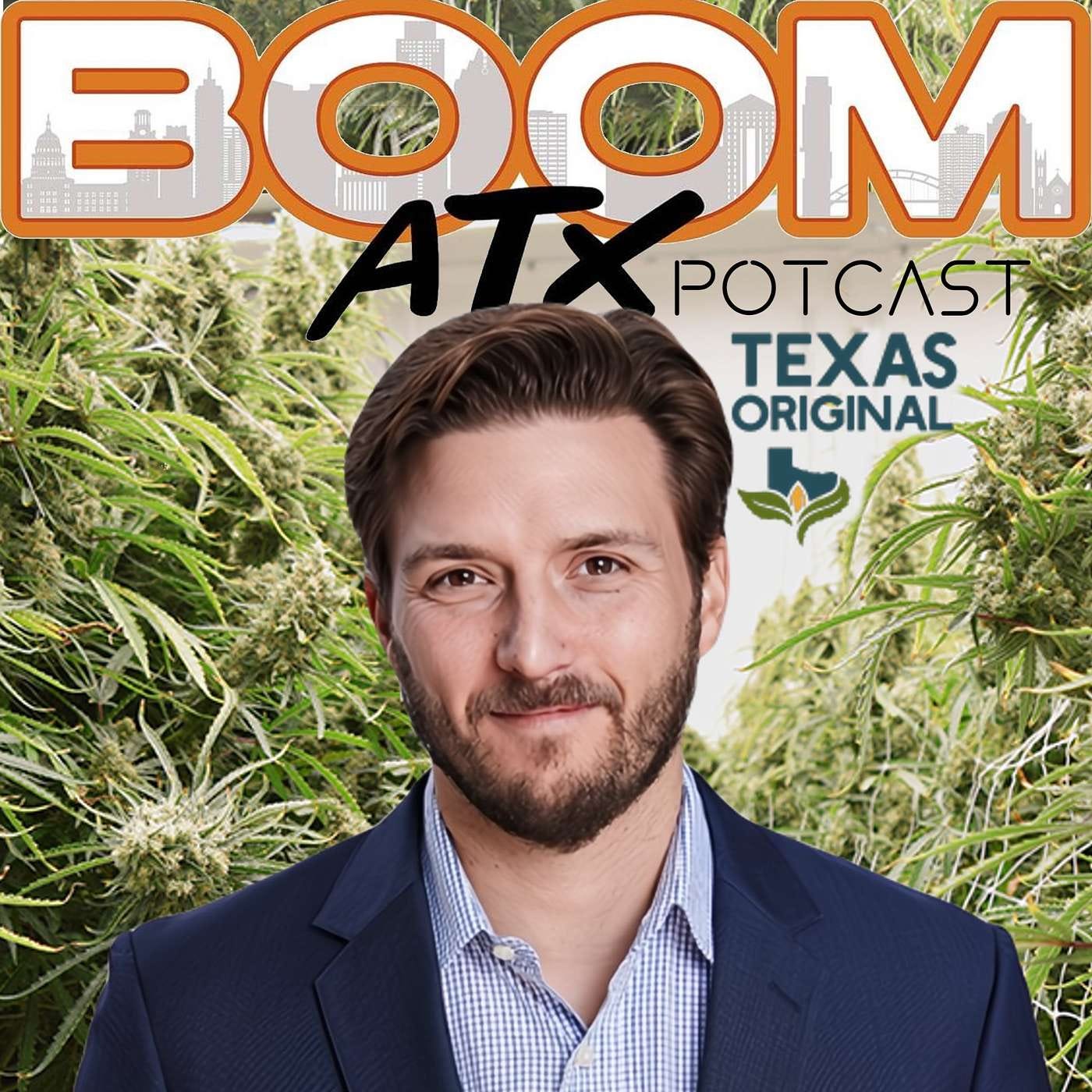Dan Patrick: The Consigliere of Texas’s Emerging Medical THC Monopoly
In Texas’s political arena, Lieutenant Governor Dan Patrick has emerged as a central figure steering the state’s cannabis policy toward a tightly controlled medical marijuana monopoly. Often compared to a consigliere—a trusted advisor wielding subtle but potent influence—Patrick has used his powerful position to champion legislation that one might view benefits a select group of political and business insiders. By pushing to outlaw hemp-derived THC products, he has curtailed competition, funneling consumers toward a handful of licensed medical cannabis providers. This strategy raises concerns about insider deals, family legacies, and strategic philanthropy shaping public policy for private gain. Adding to the web of influences, big alcohol and big pharma have played a notable role in advocating for the THC ban, aligning with Patrick's efforts to prioritize public safety narratives while potentially bolstering the medical sector's dominance.
Crafting a Monopoly Through THC Restrictions
At the core of this effort is Senate Bill 5 (SB 5), which Patrick has aggressively supported to ban hemp-derived THC products like gummies, beverages, and flowers. Framed as a public safety initiative to shield families from unregulated substances, Patrick’s rhetoric often cites unverified claims of youth harm and fatalities, despite no documented THC-related deaths. Critics, including hemp industry advocates, argue this narrative exaggerates risks to dismantle a $5 billion industry supporting 50,000 jobs, redirecting consumers to the restrictive Texas Compassionate Use Program (TCUP). TCUP, with its low-THC limits and only a few licensed operators like Texas Original, stands to gain billions in a state of 31 million. Patrick’s influence as Senate president, controlling committee assignments and legislative flow, has driven SB 5’s Senate passage, though it awaits House approval. This has sparked GOP friction, with Governor Greg Abbott previously vetoing similar measures, only for Patrick to double down, accusing opponents of pushing recreational marijuana legalization.
Since hemp-derived THC products became legal under the 2018 federal Farm Bill and Texas's House Bill 1325 in 2019, the state's hemp industry has experienced explosive growth rather than a decline in sales. Far from dropping, sales of hemp-derived cannabinoids surged by 1,283% from 2020 to 2023, reaching $2.78 billion annually by 2023. By 2025, the industry generated $5.5 billion in direct sales, contributing to a total economic impact of $10.3 billion, with over 53,000 jobs and $268 million in tax revenue. Retail revenue alone climbed to $4.3 billion in 2025, up from $3.3 billion in 2023, driven by consumer demand for products like delta-8, delta-9, and THCA. This boom underscores the irony of the ban: while Patrick and allies portray hemp THC as a crisis, the market's vitality—fueled by legal loopholes—has created a thriving sector that now faces existential threats from SB 5. Hemp advocates argue that regulation, not prohibition, would preserve this growth and prevent black-market proliferation
Insider Connections: Logan Spence’s Lobbying Role
A revolving door between Patrick’s office and the medical cannabis industry fuels skepticism. Logan Spence, Patrick’s former chief of staff, joined Texas Original as a lobbyist in 2023. As one of TCUP’s three major players, Texas Original has actively lobbied to ban hemp-derived THC, viewing it as a threat to their market. Spence’s transition to lobbying exemplifies how political insiders leverage connections for corporate gain, enabled by Texas’s lax ethics disclosure rules. Texas Original’s CEO, Nico Richardson, has amplified this push, hiring Spence to bolster their influence in Austin and align with Patrick’s agenda, reinforcing the consigliere role.
The Freestyle Foundation adds another layer, funding anti-THC campaigns while receiving significant state and CDC grants since 2020—coinciding with intensified lobbying for hemp bans. This timing suggests a coordinated effort to frame hemp-derived THC as a public health threat, aligning with Patrick’s narrative and protecting TCUP’s monopoly. Critics see this as a conflict of interest, where state-backed entities amplify policies benefiting a few operators under the guise of public welfare.The freestyle foundation has actively lobbied in support of Patrick's THC ban initiatives, including SB 5 and its predecessors like SB 3, by providing testimony and resources to lawmakers emphasizing the dangers of unregulated hemp products. The organization, known for its ties to anti-drug campaigns and partnerships with police associations, has framed hemp-derived THC as a gateway to youth addiction and crime, echoing Patrick's rhetoric. Critics argue this advocacy serves to protect TCUP operators by eliminating hemp competition, potentially benefiting donors or allies in the medical cannabis space. The Freestyle Foundations' involvement highlights how external groups amplify Patrick's agenda, using public safety concerns to justify policies that consolidate market power among a few licensed providers. While not directly tied to specific insiders like Spence or Richardson, their efforts align with the broader narrative of a "manufactured crisis" to favor monopolistic structures.
Nico Richardson, Texas Original’s CEO, brings a family legacy of policy influence. His ancestors built a fortune through Vicks VapoRub, funding the Smith Richardson Foundation, with over $570 million in assets. As a trustee, Nico taps into a network that has shaped policy through grants to think tanks like the American Enterprise Institute and Brookings, spending over $25 million annually. This playbook—using wealth and intellectual capital to frame debates—appears in Texas, where Richardson’s leadership and Spence’s lobbying align with Patrick’s efforts to eliminate hemp competition, securing TCUP’s
Patrick’s role, alongside allies like Spence, Richardson, and groups like Silver Eagle, continues to prove how elite networks can manipulate public policy for private benefit. While framed as protecting Texans, SB 5 threatens veterans, patients, and small businesses reliant on hemp—whose sales have boomed since 2019, not dropped, creating economic vitality now at risk. The involvement of foundations like Freestyle and Smith Richardson suggests philanthropy can cloak self-interest, shaping narratives to favor monopolies. As Texas debates SB 5, the public must weigh whether to endorse a system benefiting a few or demand transparency and competition. Patrick’s consigliere-like influence may deliver short-term gains for his allies, but it risks undermining trust in governance, revealing how power and wealth often shape access in Texas politics.

